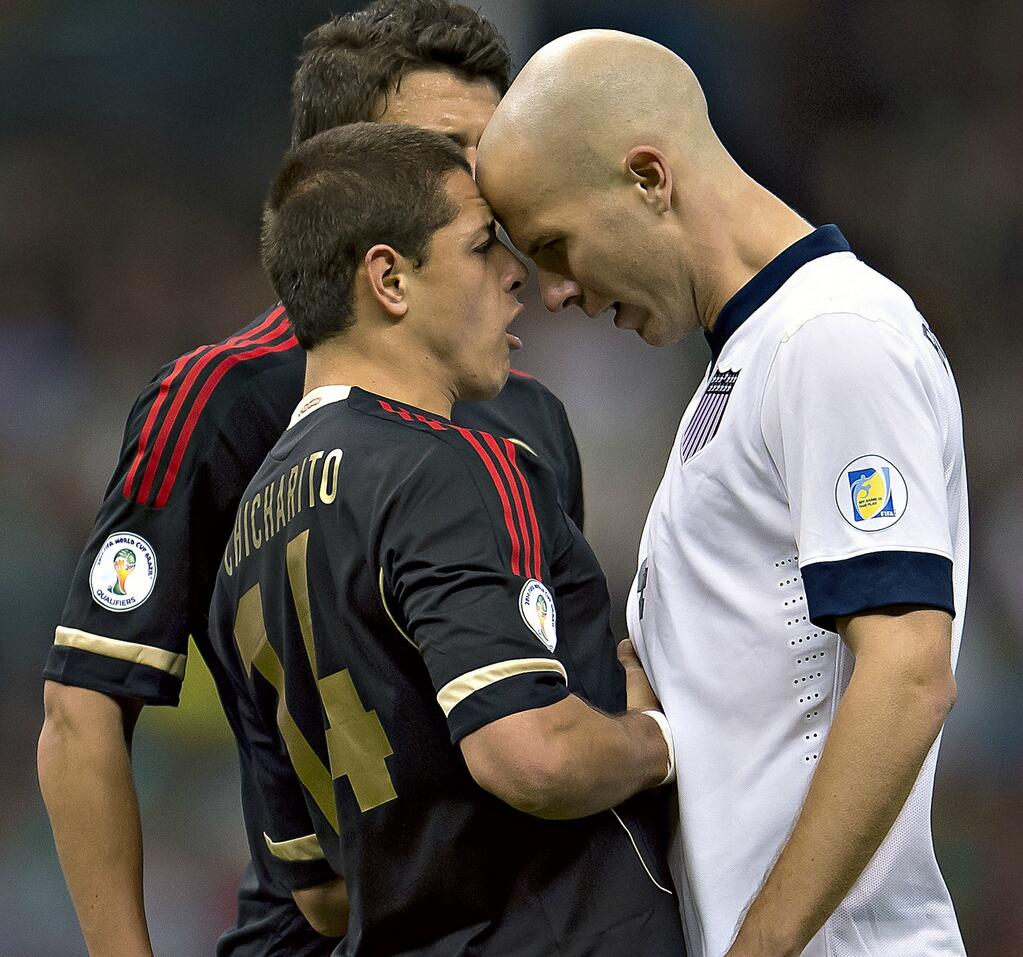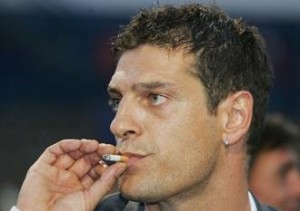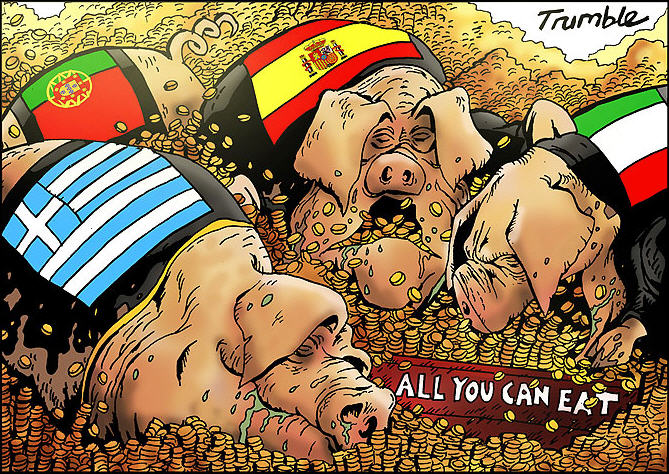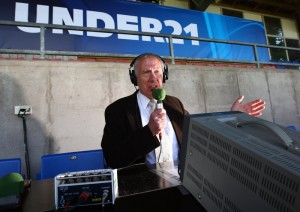[Editor’s note: Rubio Rubin featured as a 67-minute substitute for Aron Johansson in Wednesday’s 3-2 loss to Denmark and won his first cap for the full-blown USMNT. Originally commissioned by the Sarasota Herald Tribune to Rob Kirby in December 2011 but ultimately unpublished, this article featured a 15-year-old and U-17 Residency Program standout Rubio Rubin, before those heady heights. Congratulations, Rubin!]
For two years, the crop of under-17 soccer players in the U.S. national team housed at the 350-acre IMG sports complex in Bradenton live and breathe soccer. They keep their eyes fixed firmly on the prize of representing their country at the 2013 U-17 World Cup in the United Arab Emirates. The top trophy represents the culmination of a 24-month dream.
This newest group of 15 year olds, 32 boys all born in 1996, left home in August and moved into the all-expenses-paid U.S. U-17 residency program, with a schedule as jam-packed as the young men are gifted. The team trains six days a week, Monday through Saturday, and players spend almost all their time together.
Braces-wearing Steven Echavarria from New York revels in the soccer immersion. “It’s a great experience, because you get to test yourself with the best players around and you’re getting better every day, so you know you’re in the right place.”
By the third week they felt like a unit, said Brandon Tetro, also from New York. “We bonded real quickly. When you’re with someone so much, it just happens so quickly.”
“We go to school together, we go to breakfast together, we go to lunch together and we train together, so we’re building chemistry having fun with each other on the field and off the field,” Rubio Rubin of Oregon said. “We’re together 24/7.”
Rubin does not exaggerate. Monday, Wednesday, Friday, they eat breakfast at 7:00 am, report to an hour and a half of weight training at 7:30, pile into seven Honda minivans at 9:00 for the pristine Bermuda grass soccer fields at IMG and practice for almost two hours. After they scarf down lunch and refuel, it’s off to St. Stephen’s Episcopal School from 1:00 pm to 5:00 pm, then dinner and homework.
On Tuesday and Thursday, they eat at 7:00 am, leave at 8:00 for an hour to train on sprinting, mechanics and jumping before embarking on regular drills for roughly two hours. After lunch, it’s off to school, then back to the dining hall for dinner, then back to school for study hall from 6:30 pm to 8:15 pm, then back to the dorms to finish up schoolwork. All must comply with a 10:00 pm curfew. Saturday is game day. Sunday they go off to a local mall or check out a movie.
Wash, rinse, repeat.
By the end of two years, most players will have traveled to eight countries, staying on track educationally with online-based homework, podcast lectures, one-on-one conversations with teachers via Skype and even tests in foreign cities timed to synchronize with players back in Bradenton.
“You get postings, notices every day. It’s basically like Facebook for school,” said Californian Thomas Ziemer, who recently traveled to Spain and France with the first team for back to back tournaments over 21 straight days in October.
But though supremely focused, they’re teenagers. When they return from school, they take to the nearby IMG Bollettieri Tennis Academy courts, but with a twist. “After school we play soccer tennis, basically tennis but with your feet. We play until it gets dark,” according to Jorge Calix of Washington, D.C., who added with a laugh, “Gotta work on those skills.”
At a recent match, players in the bleachers flirted with girls at IMG, texted, talked about laundry, debated messiest roommate and generally cracked one another up.
Though the players could easily eat with impunity, given their daily cardio and weight training regimen, they resist the lure of fast food and eat with strict adherence to optimizing nutritional intake. In Spain, they indulged in salad and paella as opposed to McDonald’s.
Ted Allen, U.S. History teacher at St. Stephen’s, said, “They may not care about U.S. history, but they care about doing well, and the coaches check up. They are so great to teach. They act like a team and keep each other in line. And for boys so young, they feel the responsibilities of representing their country and also their careers.”
Ziemer takes the national team very seriously. “When everyone’s watching and there are internationals and cameras everywhere, it hits you. We’re competing with the top teams in the world. We want to win at the highest level, bring U.S. soccer to the highest level.”
Rubin concurs. “When you walk out on the field, you feel all the excitement and are so grateful that you’re representing your country and all the people living in this country. You feel like you can do big things.”
As for big things, Rubin scored within the first two minutes with a stunning shot in the 3-1 victory over favorites Brazil in Lakewood Ranch on December 4. “I got the chance to have the ball right in front of me and just tapped it behind the ‘keeper. It’s the best memory I’ve ever had as a soccer player, representing this country. Best day of my life.” What Rubin omits out of humility is that he chipped it in over his shoulder with his back to goal.
The victory, after positive results against the U-17 teams from France and Turkey, won the team its first trophy, one that injected the squad with cautious optimism. “Getting the tie with France and beating Brazil and Turkey shows that we can compete with anyone, we just have to keep working and training,” Ziemer said.
The players head home December 16, after finals at St. Stephen’s. But though they may breathe a sigh of relief, they take nothing for granted, as inclusion in the program gets evaluated semester by semester. If a player’s performance drops, he gets dropped.
“We’ve gotten so close, and leaving this place would just kill you,” Tetro said. “No one’s spot is guaranteed—you can lose your spot at any time.”
“There’s a lot of pressure, but you got to just take it one day at a time and stay focused,” Rubin said.
For these 15-year-old elite athletes, the residency program is where pressure, passion and drive intersect. And soccer tennis.






